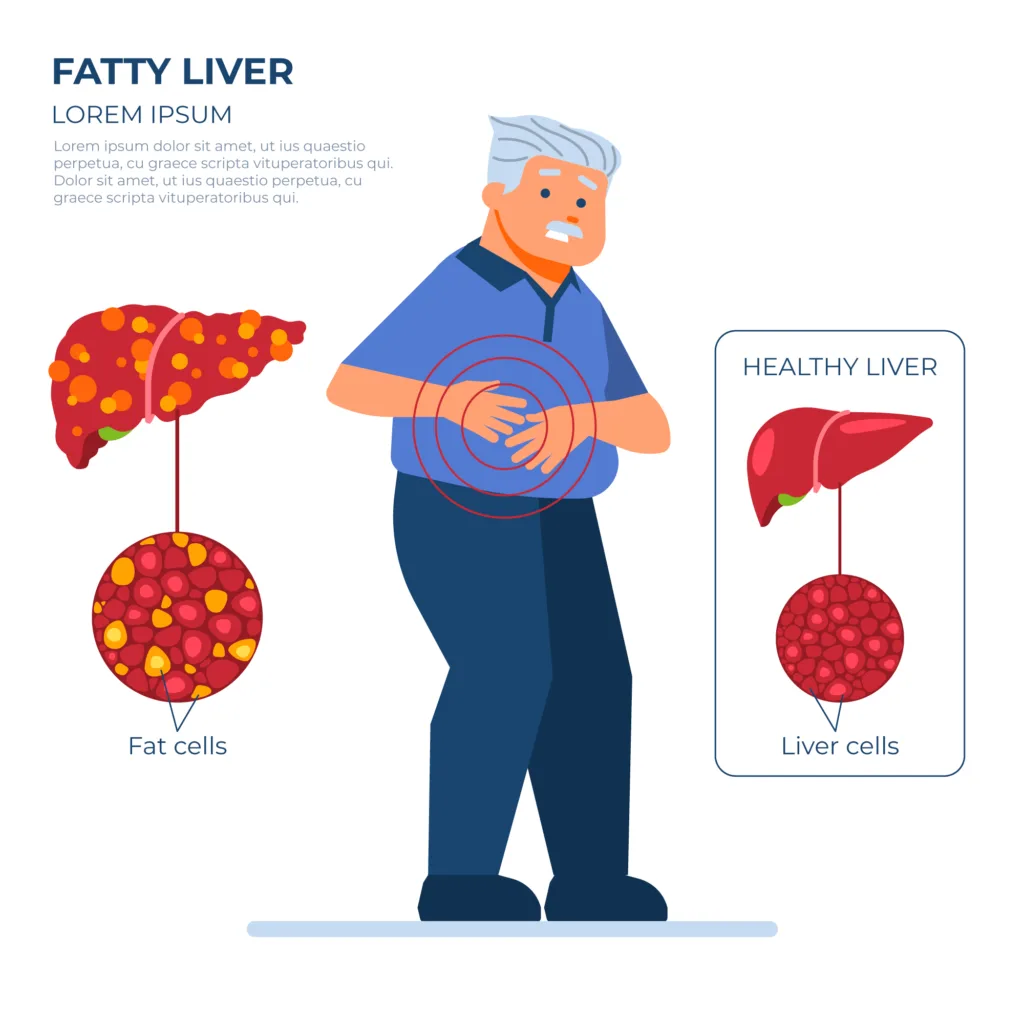Nutrition plays a pivotal role in the growth and development of children. As parents, educators, and caregivers, understanding the profound effects of nutritional deficiencies on children’s well-being is crucial. In this comprehensive article, we delve into the various ways in which inadequate nutrition can impact kids, exploring both the short-term and long-term consequences.

The Foundation of Growth – Why Nutrition Matters
Good nutrition is the cornerstone of healthy growth in children. The early years are particularly crucial, as this period sets the stage for a child’s physical, cognitive, and emotional development. Ensuring a balanced diet during these formative years is vital for laying a strong foundation for a child’s future.
Key Nutrients for Kids’ Growth
To comprehend the impact of nutritional deficiencies, it’s essential to identify the key nutrients vital for children’s growth:
1. Protein
Proteins are the building blocks of the body, crucial for the development of muscles, organs, and tissues. A deficiency in protein can result in stunted growth and weakened immune systems.
Calcium
Critical for bone development, calcium is essential for growing children. Insufficient calcium intake can lead to weakened bones and an increased risk of fractures.
Iron
Iron is vital for the production of hemoglobin, which carries oxygen to the body’s cells. Iron deficiency can lead to anemia, causing fatigue and hindering cognitive development.
Vitamins
Vitamins, such as A, B, C, and D, play diverse roles in a child’s health. From supporting vision to boosting the immune system, a deficiency in any of these vitamins can have significant repercussions.

Short-Term Consequences of Nutritional Deficiencies
Impaired Cognitive Function
Inadequate nutrition can directly impact a child’s cognitive abilities, hindering concentration, memory, and overall academic performance.
Weakened Immune System
Nutrient deficiencies compromise the immune system, making children more susceptible to infections and illnesses.
Stunted Physical Growth
Insufficient intake of essential nutrients can lead to slow physical growth, affecting height, weight, and overall development.
Long-Term Implications
Developmental Delays
Persistent nutritional deficiencies can result in long-term developmental delays, affecting a child’s motor skills, language acquisition, and social interactions.
Chronic Health Conditions
Children deprived of essential nutrients may face a higher risk of developing chronic health conditions in adulthood, such as diabetes, cardiovascular issues, and osteoporosis.
Impact on Mental Health
Nutritional deficiencies have been linked to mental health issues in later years, including an increased susceptibility to anxiety and depression.
Addressing Nutritional Deficiencies – A Holistic Approach
Preventing and addressing nutritional deficiencies require a multifaceted approach:
1. Balanced Diet
Components of a Balanced Diet
Carbohydrates
Carbohydrates serve as the primary source of energy for the body. Opt for complex carbohydrates found in whole grains, fruits, and vegetables for sustained energy release.
Proteins
Proteins are crucial for the repair and growth of tissues. Include lean sources such as poultry, fish, beans, and nuts to ensure an adequate protein intake.
Fats
While often maligned, fats are essential for various bodily functions, including hormone production and nutrient absorption. Choose healthy fats like avocados, nuts, and olive oil in moderation.
To comprehend the essence of a balanced diet, let’s break down its key components:
Diet
Encourage a diet rich in fruits, vegetables, whole grains, lean proteins, and dairy products to ensure a diverse range of nutrients.
2. Nutritional Education
Educate parents, caregivers, and educators about the importance of nutrition, empowering them to make informed choices for children.
Supplements
In certain cases, supplements may be necessary to bridge nutritional gaps. Consultation with a healthcare professional is crucial to determine appropriate supplementation.
Conclusion
In conclusion, the impact of nutritional deficiencies on kids’ growth and development is profound and far-reaching. By prioritizing nutrition, we can contribute to building a healthier, stronger future generation. As we strive for high rankings in Google, let this article serve as a valuable resource, providing actionable insights into the critical role of nutrition in shaping the well-being of our children.
Image credit : Image by Freepik Image by Freepik Image by Freepik




